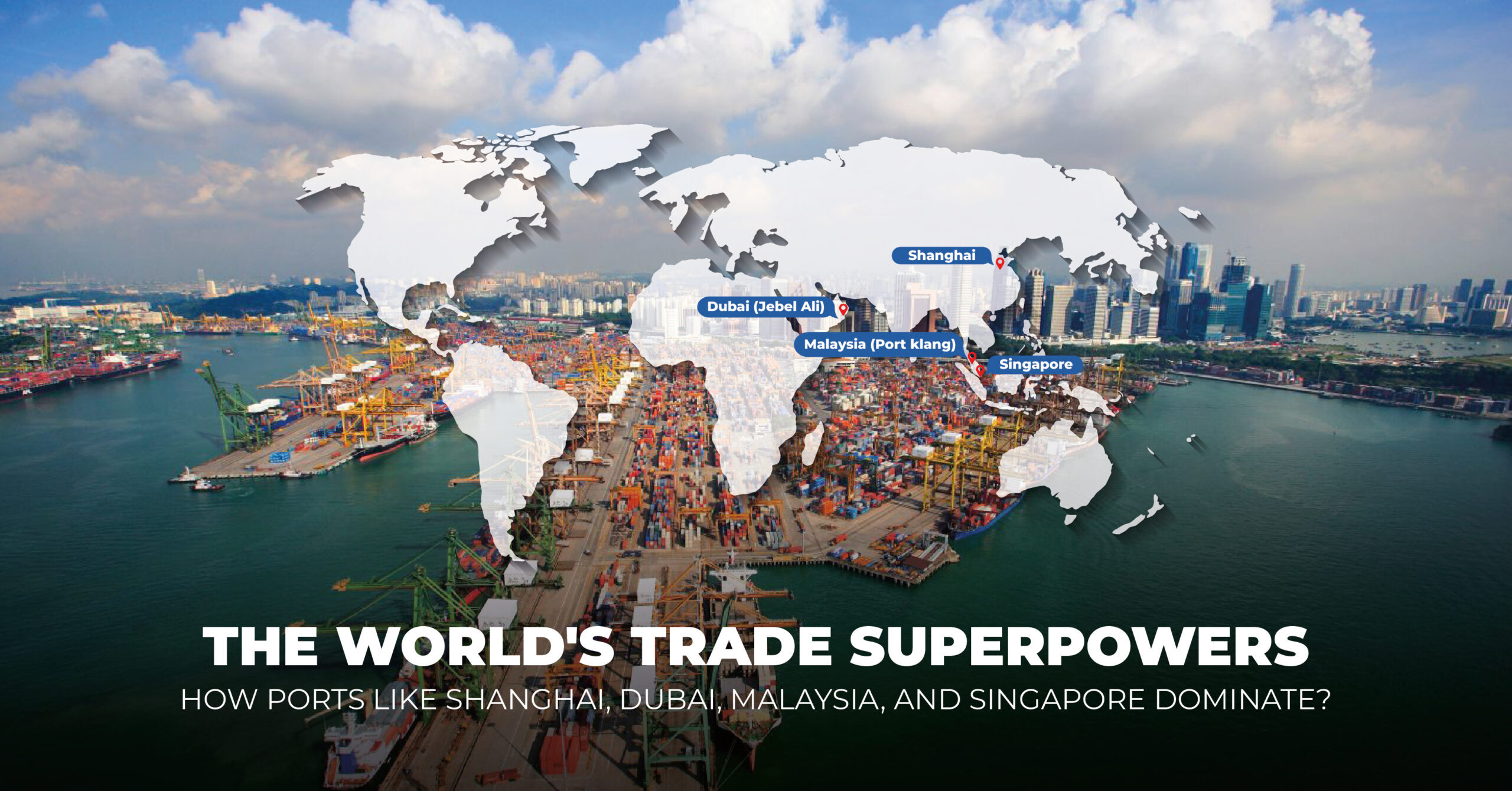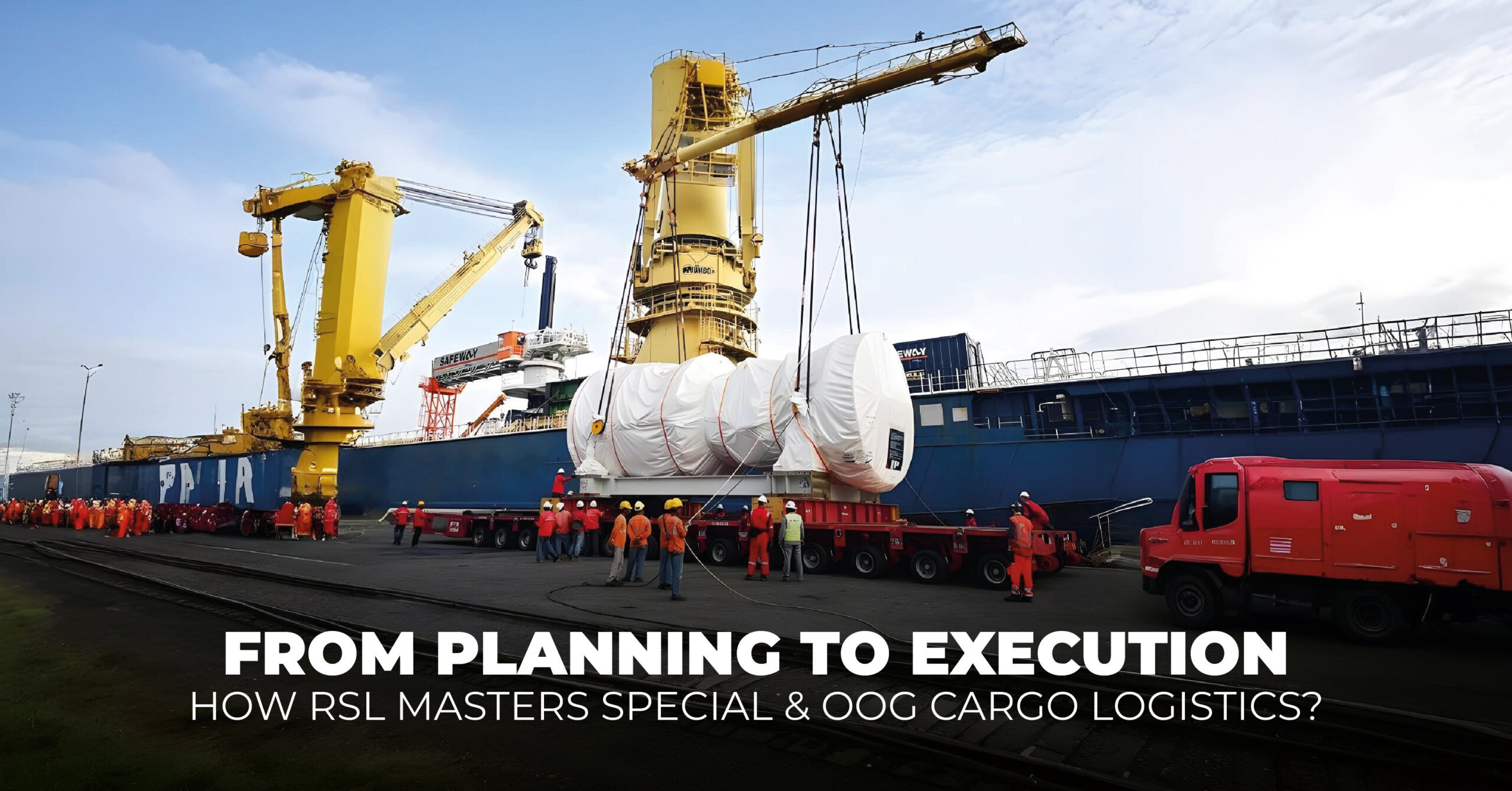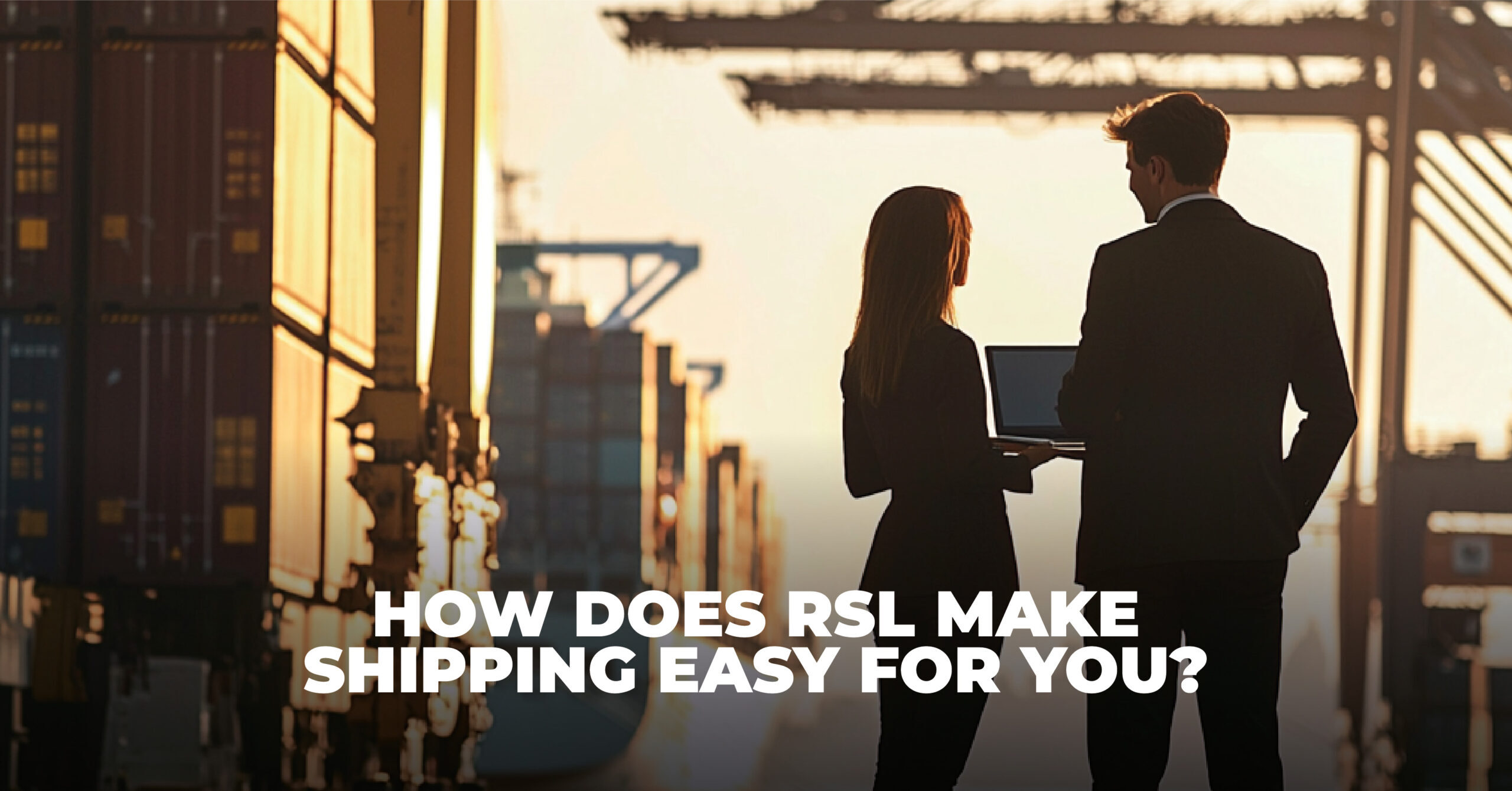Ports are the lifeblood of global trade, serving as critical hubs for the movement of goods between continents. Among the many ports around the world, several stand out for their strategic importance, serving as gateways for international commerce. These ports not only facilitate the flow of raw materials, finished goods, and resources, but also shape the global economic landscape by connecting regional markets with international destinations.
Some of the most strategically significant ports include the Port of Singapore, Port Klang in Malaysia, Port of Shanghai, and Port of Dubai (Jebel Ali). Each of these ports plays a pivotal role in global shipping routes and trade networks.
Port of Singapore: Located at the crossroads of major shipping lanes, the Port of Singapore is one of the busiest and most efficient ports in the world. It serves as a transshipment hub, handling a vast volume of containerized cargo. Its strategic location in Southeast Asia ensures that goods can be transported quickly between the East and West, making it a key player in global supply chains.
Port Klang: Port Klang, located on Malaysia’s west coast, holds a strategic position near the Strait of Malacca, one of the busiest shipping routes globally. This prime location enables efficient access to key international markets, linking Southeast Asia with Europe, the Middle East, and the Americas. As Malaysia’s main port, Port Klang is vital for the country’s trade and economic growth, serving as a hub for containerized and bulk cargo. Its proximity to Kuala Lumpur and modern infrastructure further enhance its role as a key player in global supply chains, driving the nation’s connectivity and economic development.
Port of Shanghai: As China’s largest port, Shanghai is the beating heart of the world’s manufacturing powerhouse. The port handles a significant portion of global containerized trade and is strategically positioned to facilitate exports from China to all corners of the globe. With its extensive infrastructure, the Port of Shanghai is a key node in the Asia-Pacific shipping network, supporting both regional and intercontinental trade.
Port of Dubai (Jebel Ali): Located in the United Arab Emirates, Jebel Ali is one of the largest ports in the Middle East. Its position along the Arabian Gulf makes it a crucial transit point for goods moving between Asia, Europe, and Africa. The port’s modern infrastructure and its role as a regional distribution hub have made Dubai a key center for trade in the Middle East.
RSL Container Lines’ Role as an NVOCC
RSL Container Lines, as an NVOCC, plays an indispensable role in facilitating global trade by providing reliable, cost-effective, and efficient shipping solutions to these strategic ports. An NVOCC does not own ships but acts as a carrier by managing cargo and booking space with ocean carriers on behalf of customers. RSL Container Lines works closely with ocean carriers, freight forwarders, and port authorities to ensure the smooth handling of goods across these major ports.
RSL’s expertise in logistics, customer service, and technology enables them to offer seamless connections to and from these critical hubs. Their deep knowledge of international regulations, port-specific requirements, and customs procedures ensures that cargo moves quickly and efficiently, minimizing delays and avoiding disruptions. Whether it’s handling large volumes of containers in Singapore, managing complex shipments in Jebel Ali, RSL Container Lines excels at managing every aspect of the shipping process.
Through its extensive network of partners, RSL Container Lines ensures reliable transit for goods between some of the world’s most important trade routes. Their ability to offer tailored solutions for businesses – from small enterprises to large multinationals – underscores their commitment to providing seamless global logistics services.
Conclusion
Strategic ports such as Singapore, Malaysia, Shanghai, and Dubai are integral to the world’s supply chains, handling a significant portion of global trade. RSL Container Lines, as an NVOCC, plays a crucial role in facilitating smooth and efficient transportation through these vital ports. With its extensive expertise and global network, RSL ensures that goods move seamlessly between markets, helping businesses meet the demands of global commerce with speed, reliability, and efficiency.






